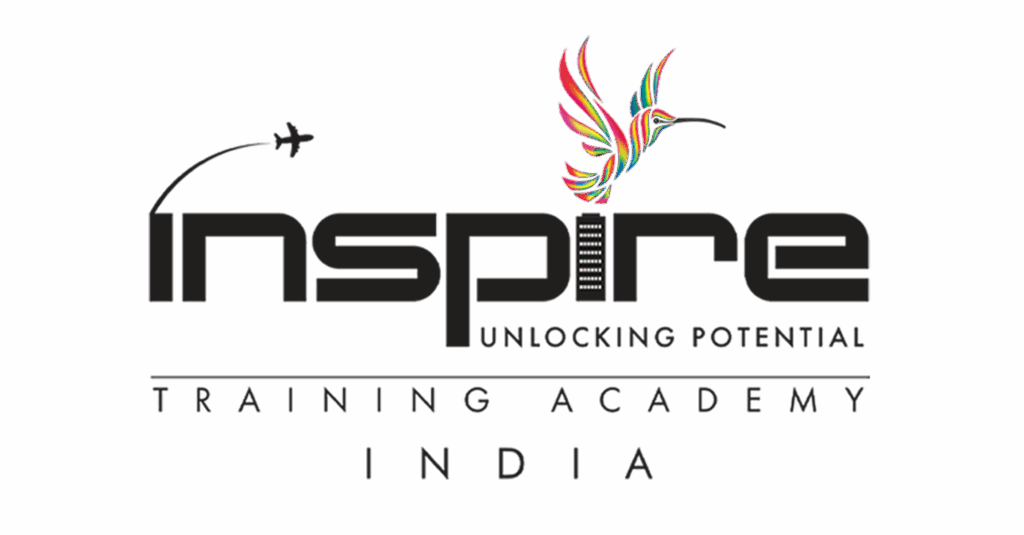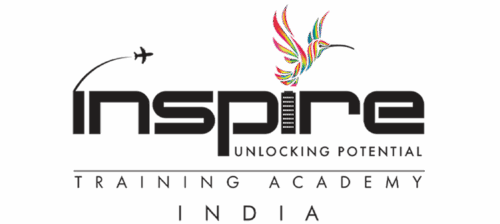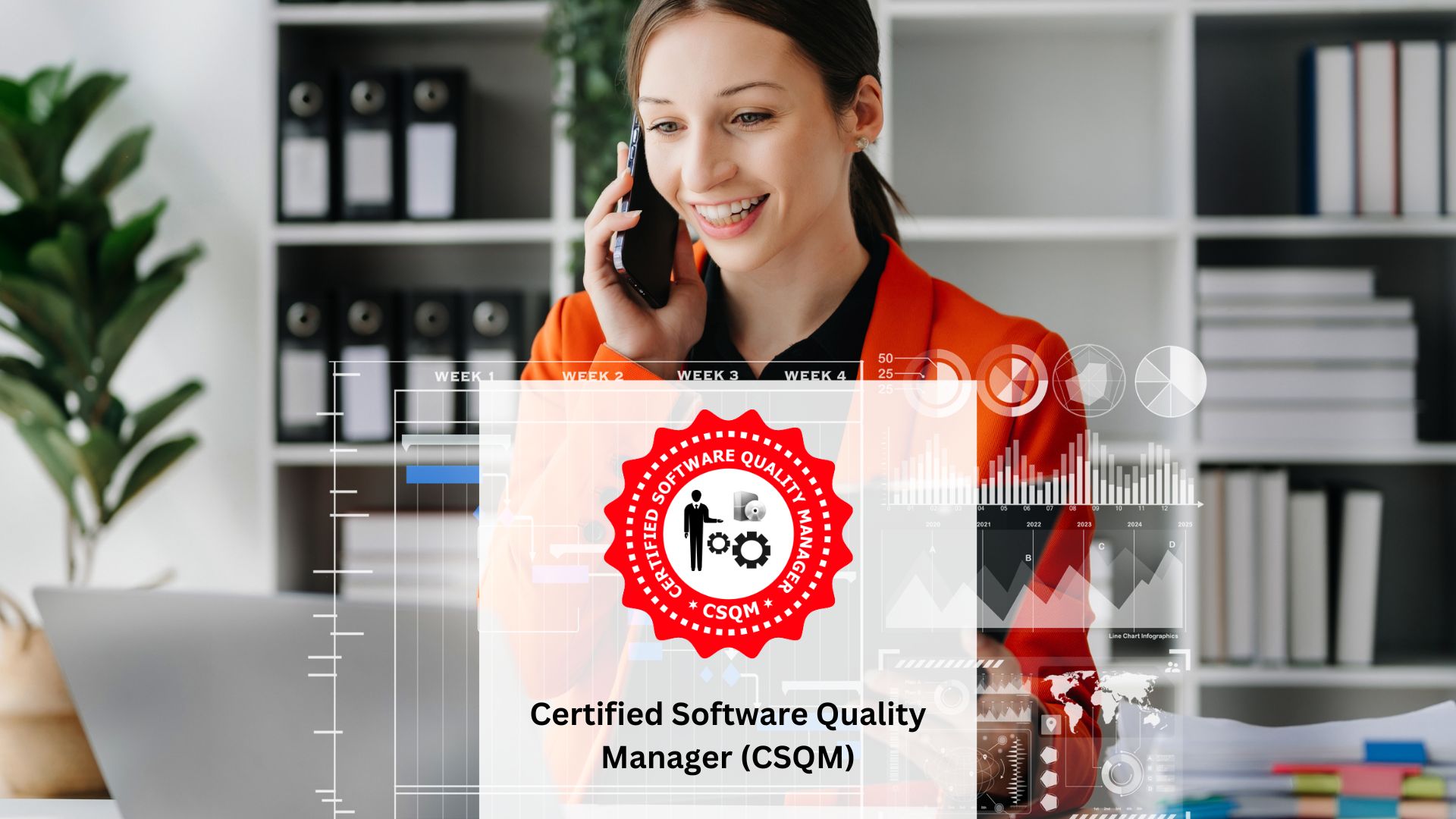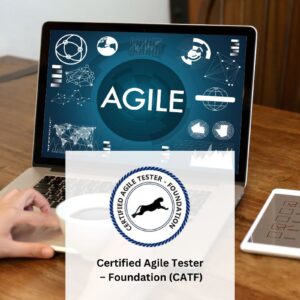Currently Empty: Free
Software Quality is a broad concept encompassing both the quality of the software product and the quality of the processes used to produce it. To achieve this goal, the Software Quality Manager has specific responsibilities and objectives, which include:
Evaluating, developing, and monitoring
Evaluating and selecting tools
Management tasks related to software quality
Software Quality Assurance at managerial level
Assessing organizational capability
Facilitating process improvement across groups or projects
Assessing the impact of one improvement effort on another process
Acting as a consultant for projects with special challenges or requirements
The Certified Software Quality Manager (CSQM)® Certification establishes a global standard for assessing the competencies of professionals managing software quality assurance (SQA).
Earning the CSQM® credential demonstrates:
Professional competence in SQA principles and practices.
The ability to manage and lead the SQA function effectively.
Skills needed to drive quality initiatives across an organization.
For IT management, CSQM® provides an objective measure to assess leadership readiness. For professionals, it enhances credibility and career advancement opportunities in software quality leadership.
E-Course Duration
20 to 25 Hours
Exam Information
Pattern: 100 Multiple Choice Questions
Passing Score: 80% (80 correct answers)
Duration: 90 Minutes (1 hour 30 minutes)
Format: Online, non-proctored; available anytime within 8 months of purchase.
Exam Process:
On purchase of the Premium Package or Voucher Code, a voucher (2 attempts) will be assigned to your profile under “My Vouchers”.
Exam can be accessed under “My Exam(s)” by applying the voucher code.
Retakes:
Each voucher provides two (2) attempts.
If both attempts are used unsuccessfully, a new voucher must be purchased.
⚠️ If you pass on the first attempt, the voucher cannot be used again.
Certification Validity: Lifetime
Course Outline
Module 1 – Managing Software Quality
Quick Overview of Testing
Definition of Software Quality
SQA and Testing: Defined & Distinguished
QA vs QC
Understanding SQA functions
Role of a Software Quality Manager
Module 2 – Skillset of Software Quality Manager
Managing Software Quality
Requirement Management & Engineering
Change Control & Release Management
Ensuring Quality during Development
Best Practices in Software Testing
Module 3 – Best Practices
Software Inspections & Reviews
Defect Tracking & Reporting
Defect Prevention
Process Improvement Models
Lean Software Process
Module 4 – Software Quality Assurance
Stakeholder Identification
Developing SQA Plan
Establishing Budget
Defining Mission & Objectives
Selling SQA to Management
Demonstrating ROI of SQA initiatives
Baseline Current Software Quality Levels
Defining Standards & Methodologies
Instituting Metrics & Measurements
Deploying Processes
Evaluating Tools & Methodologies
Implementing Defect Studies
Module 5 – Defect Management
Verification & Validation Methods
Activities of User Acceptance Testing
Peer Reviews & Inspections
Forms of Inspections & Reviews
Effective Inspection Practices
Code Analysis
Independent Verification & Validation
Module 6 – Configuration Management
Principles & Activities of Software Quality Management
Identifying Configuration Items
Establishing Baselines
Controlling Change
Lean Software Process
Maintaining Repositories
Assuring Integrity of Work Products
Module 7 – Risk Analysis
Risk Analysis & Methodologies
Risk Identification & Classification
Establishing Baselines
Risk Prioritization & Ranking
Calculating Costs & Probability
Risk Reporting
Monitoring & Controlling Risks
Contingency Planning & Mitigation
Module 8 – Requirement Engineering & Management
Defining & Validating Requirements
Quality vs Functional Requirements
Types of Quality Requirements
Managing & Maintaining Requirements
Building a Requirement-Management Process
Requirement Traceability
Requirement Change Control
Target Audience
Developers
Testers
System Analysts
Quality Assurors
EPG (Engineering Process Group) Members






